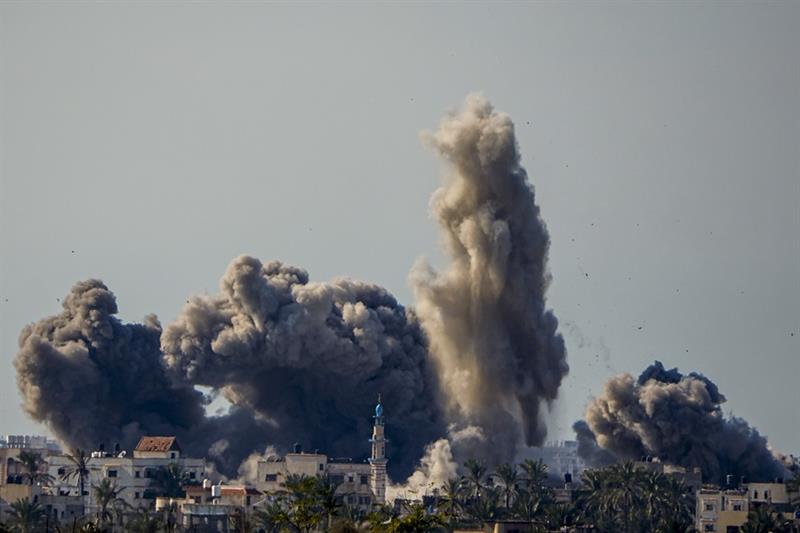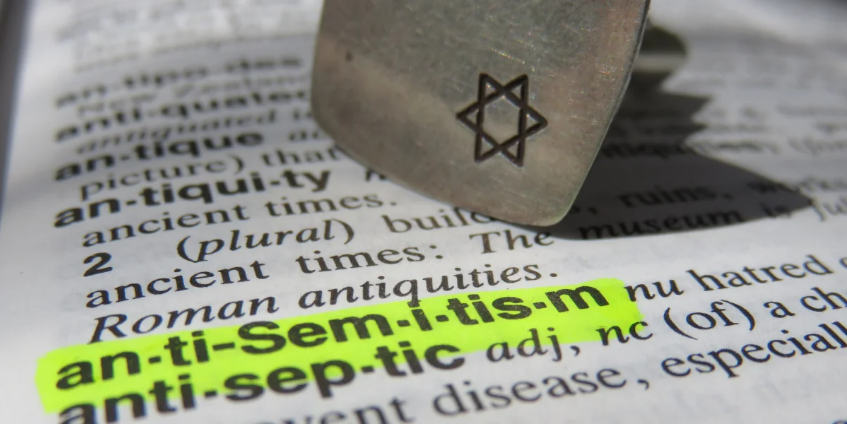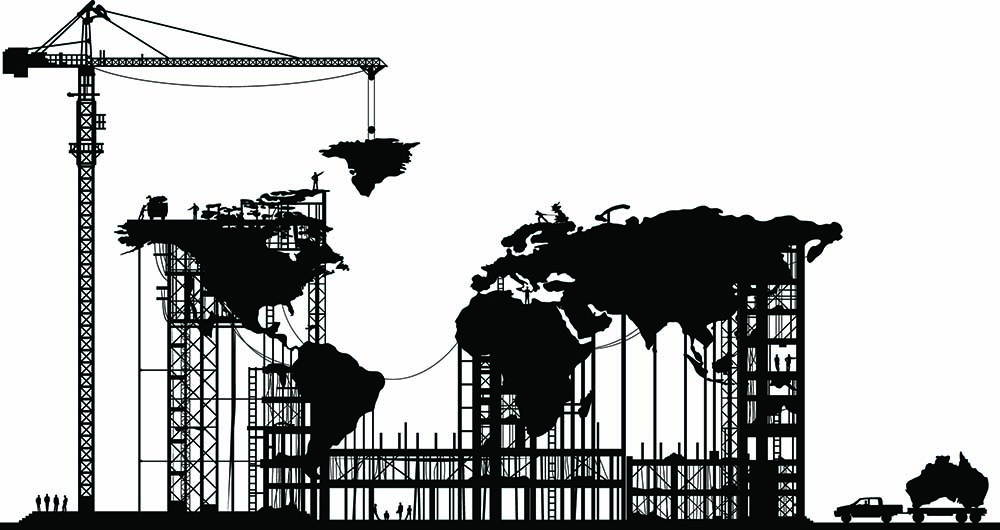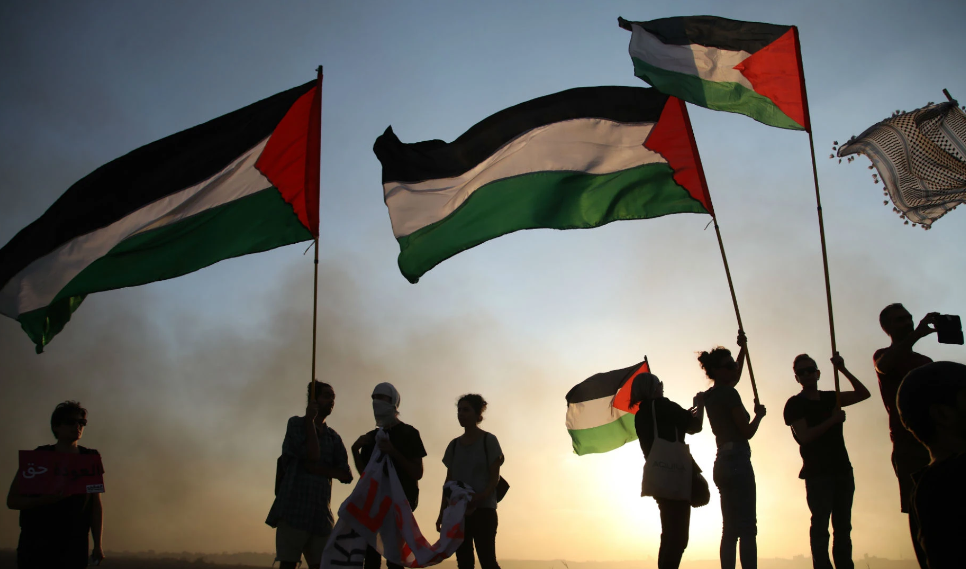
He Wenping, Senior Research Fellow, Charhar Institute and West Asia and Africa Studies Institute of the China Academy of Social Sciences
Jun 07, 2024
Increasing isolation is making it difficult for the Netanyahu government to secure support from the United States, which faces a dilemma: It can continue to back Israel, or it can distance itself from Netanyahu, either of which could have serious electoral consequences for President Joe Biden.

Wang Zhen, Research Professor, Shanghai Academy of Social Sciences
May 29, 2024
The recent act passed in the U.S. House of Representatives — even if endorsed by the Senate and signed into law by the president — is unlikely to be effective in eliminating antisemitism in the United States. A kind of national reconciliation will be required.

Zhang Tuosheng, Academic Committee Member, Center for International Security and Strategy (CISS), Tsinghua University
May 22, 2024
Despite their positive aspects, globalization, multi-polarization and technological advancement come with pronounced negatives that pose challenges to the post-Cold War world order. The only way forward is for the West to cooperate with China and engage in active and candid dialogue.

Zhou Yiqi, Associate Fellow, Center for West Asian & African Studies, Shanghai Institutes for International Studies
May 17, 2024
Sustainable peace in the Middle East — in particular between Israel and the Palestinians — will require meaningful change in Palestine’s status: Its sovereignty must be established and recognized. A unified push by China and the United States to that end would be an important guarantor of success.
Wang Zhen, Research Professor, Shanghai Academy of Social Sciences
Apr 30, 2024
The protracted conflict may force the U.S. president to alienate Israel’s Benjamin Netanyahu to the point of jeopardizing the special relationship, thereby causing powerful Jewish voters and lobbies to withdraw their support. Other traditional Democratic constituencies, such as Muslim-Americans, may follow suit.

Jodie Wen, Postdoctoral Fellow, Center for International Security and Strategy at Tsinghua University
Yitong Liu, Master, Committee on International Relations at the University of Chicago
Apr 30, 2024
The youth will be crucial for President Joe Biden’s bid for re-election, as it was in 2020. But Biden’s continued support for Israel is cooling their ardor. To make matters worse, support for Biden among Muslim-Americans — a key voting bloc in some swing states — has taken a nosedive.
He Wenping, Senior Research Fellow, Charhar Institute and West Asia and Africa Studies Institute of the China Academy of Social Sciences
Mar 05, 2024
The latest Palestinian-Israeli conflict has lasted four and a half months since its outbreak in October and resulted in nearly 30,000 Palestinian deaths, the destruction of nearly all infrastructure in the Gaza Strip and more than 2 million people left homeless, as well as a severe shortage of food, drinking water and medicine. The humanitarian disaster is intensifying with each passing day.
Jade Wong, Senior Fellow, Gordon & Leon Institute
Mar 04, 2024
The possibility of another Trump-style leader in the United States — perhaps even Donald Trump himself — has shaken Europe to its roots. Europe cannot replace American hegemony. Thus, its only course is to accelerate toward “strategic autonomy” to become less dependent on the U.S. security umbrella, which has been in place since World War II.
Richard Javad Heydarian, Professorial Chairholder in Geopolitics, Polytechnic University of the Philippines
Feb 26, 2024
A New Cold War is not in the interest of either the U.S. or China, particularly given the volatility in the Middle East. In fact, the two nations share common interests in the region, and the threat of widespread conflict should inspire an element of strategic sobriety and tactical cooperation.
Jin Liangxiang, Senior Research Fellow, Shanghai Institute of Int'l Studies
Feb 21, 2024
While its name symbolizes the unity of three religions, the Abraham Process is not peaceful by nature. The United States should be aware that no successful process can emerge without a resolution of Palestine question, which is at the core of the regional agenda.